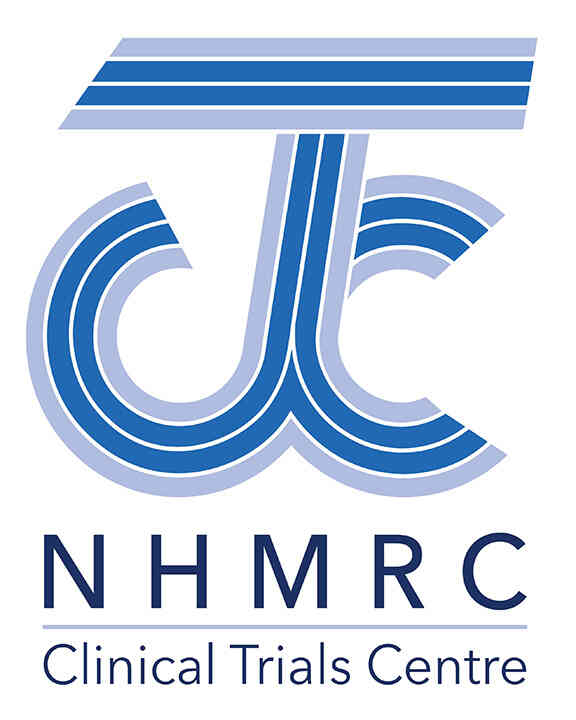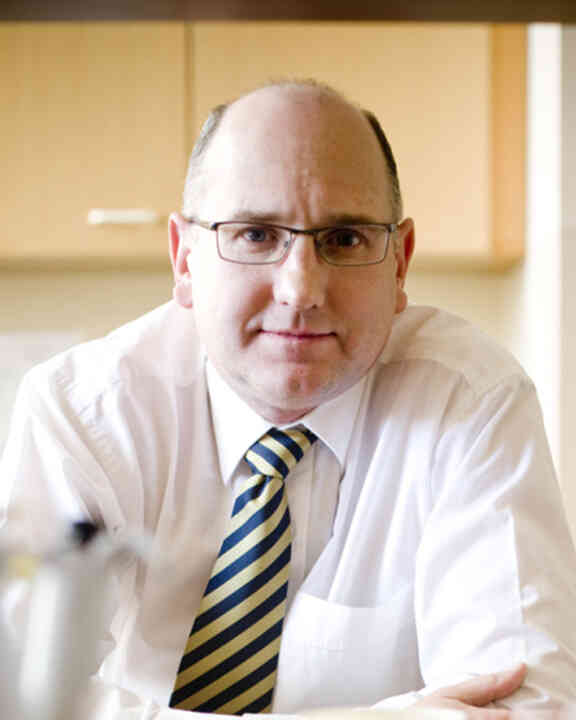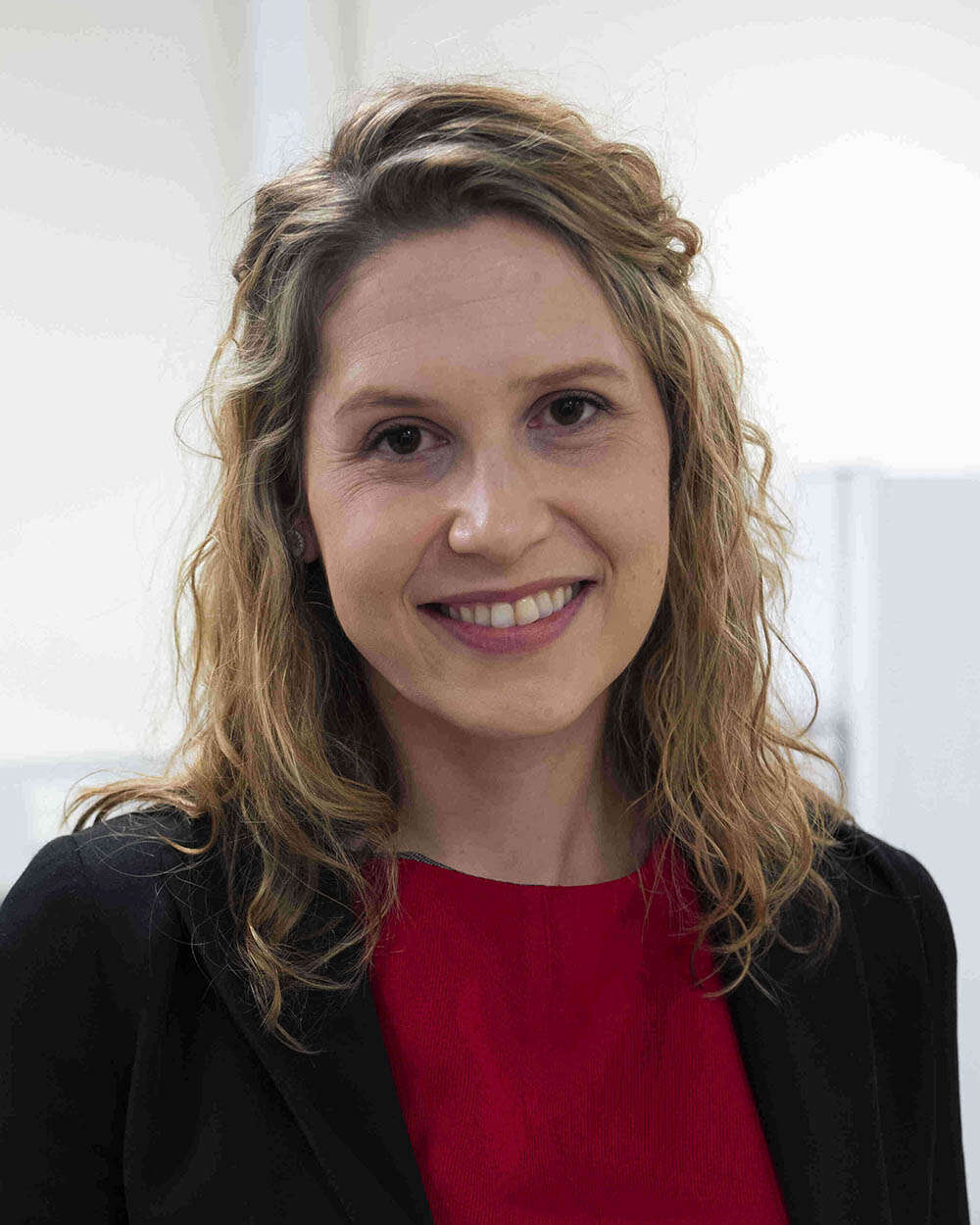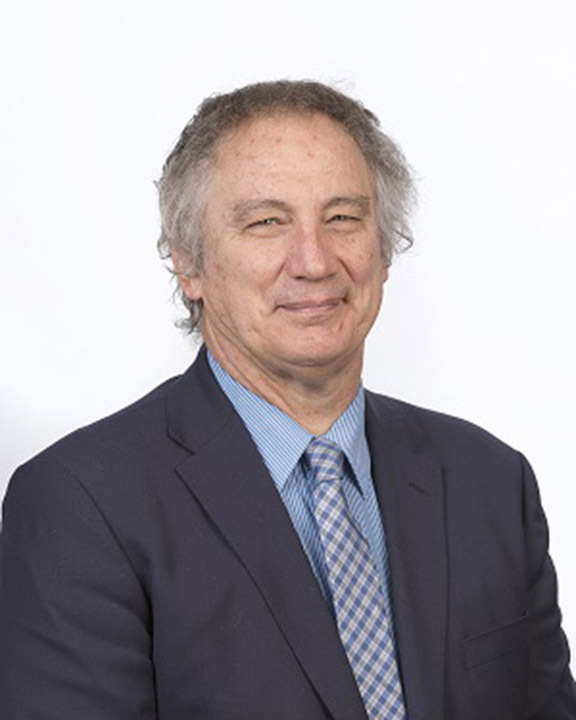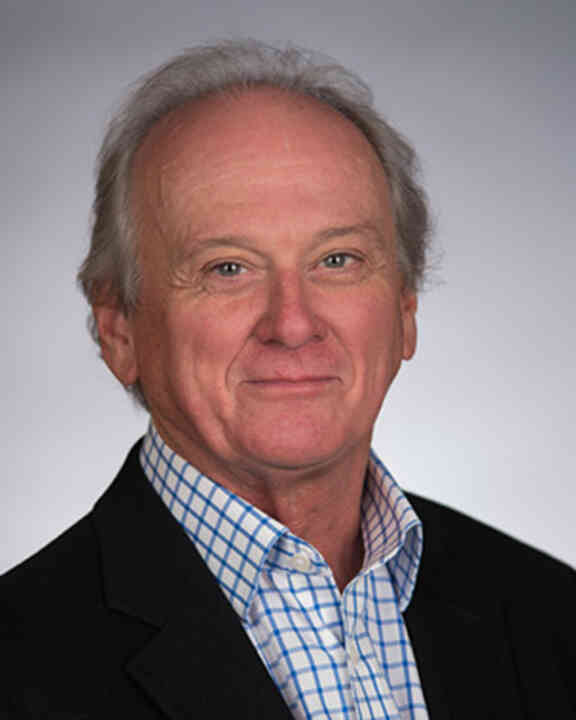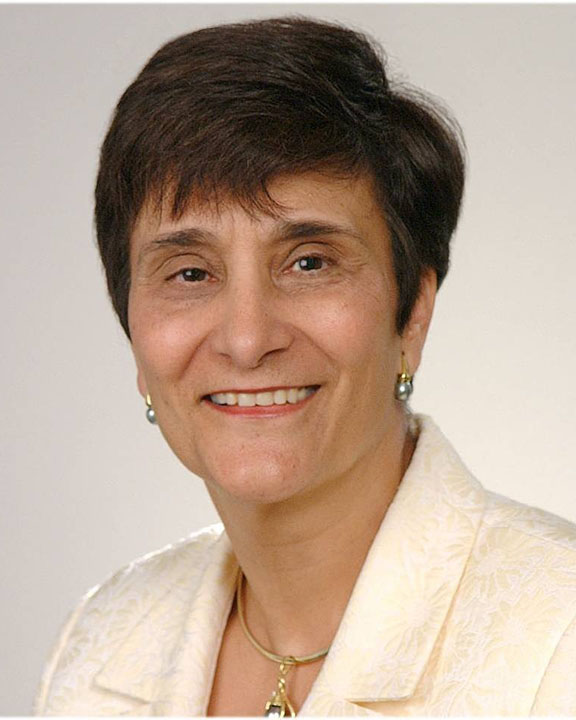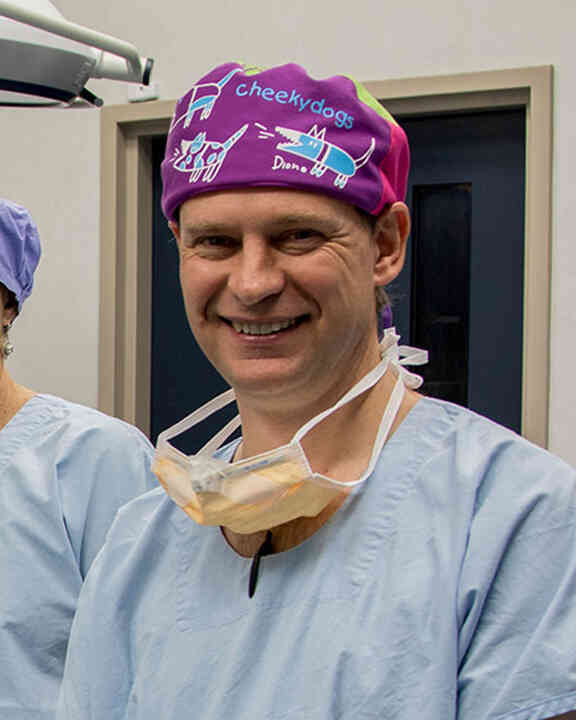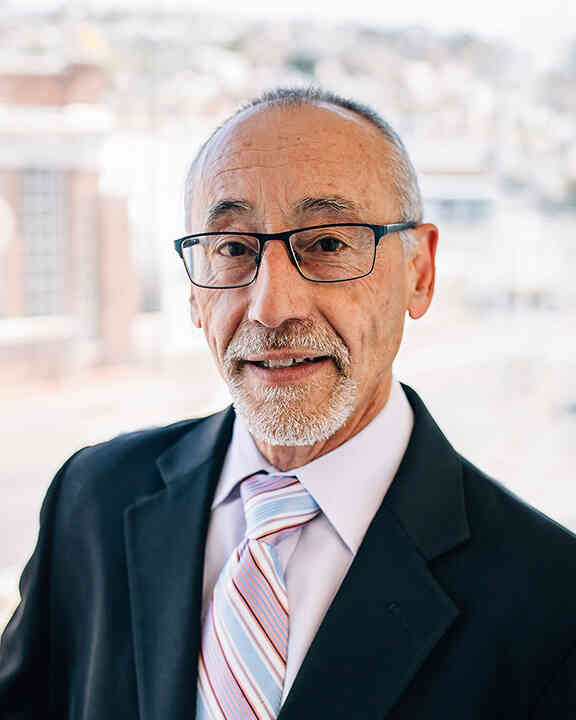Key Collaborators
The NHMRC Clinical Trials Centre
Established in 1989 the NHMRC Clinical Trials Centre (CTC) is led by Professor John Simes and Professor Anthony Keech. The CTC aims to improve healthcare and outcomes for Australians and the global community through quality research, including the embedding of excellent research in healthcare practice. Our major areas of interest are cardiovascular health, diabetes, including Type 1 and Type 2 diabetes, obesity, cancer, and perinatal (newborn health). The CTC also advances methods of trial design and conduct, including biostatistics and health economics. Research outcomes facilitate better clinical decision making, policy development, clinical practice guidelines and implementation.
Type 2 Diabetes related:
Type 1 Diabetes related:
Indigenous Health related:
Diabetes Technology Research Group
With these colleagues a series of trials of diabetes related technology, including the world’s most advanced insulin pumps and glucose sensors are conducted. Outcomes include improving the glucose control algorithms in the Medtronic Hybrid Closed Loop pumps, optimising insulin pump setting around exercise and assessing the effects of insulin pumps on glucose variability. The results ofa 6-month in home study of the glucose and non-glucose related effects of a Hybrid Closed Loop pump will soon be reported. Ongoing studies include the development of sensors that detect clinically relevant markers such as glucose and ketones.
St. Vincent’s Health Melbourne Diabetes team
Prof. Glenn Ward is Head of Diabetes Service at St. Vincent’s Hospital (SVH), Melbourne and Prof. Richard MacIsaac is Head of the Endocrinology and Diabetes Unit there. The group collaborates with Profs Ward and MacIsaac in a range of diabetes care delivery and diabetes complication related clinical research studies.
Type 1 Diabetes Youth Related
Prof Kim Donaghue
Head of Diabetes Complications Assessment Services at The Children's Hospital at Westmead
The Jenkins and Donaghue teams have been collaborating for over 20 years, including with supervision of PhD candidates and international visiting scholars. Their main areas of interest relate to the role of novel biomarkers, such as retinal vessel calibre, skin autofluoresence and inflammation in the prediction of the long-term complications of diabetes. Prof. Donague is also a Chief Investigator on the FAME-1 Eye Trial with Professors Jenkins, O’Neal, Keech and Gillies.
Royal North Shore Diabetes team
Prof Gregory Fulcher
Clinical Director Chronic and Complex Care at Northern Sydney Local Health District
Prof. Gregory Fulcher and Dr Emma Scott are endocrinologists and researchers at the Royal North Shore Hospital, Sydney. With Professors Fulcher and Jenkins as her supervisors Emma is near competion of her PhD which relates to the effects of insulin pumps in Type 1 diabetes nd of Type 2 diabetes on various aspects of glucose control and other complications. They also address other aspects of diabetes care.
The University of New South Wales
With these research scientists from the University of New South Wales the group conducts usually large scale studies of novel biomarkers, such as growth factors and factors related to inflammation and to fat and their associations with diabetes and cardiovascular health outcomes. Dr Ong is also a major investigator on the NHMRC / NSF China funded study comparing outcomes in the FIELD trial and the Shanghai Diabetes Study.
The University of Western Australia
The Fiona Stanley Hospital
Head of Diabetes Unit at the Fiona Stanley Hospital and Dr Nick Lan is a physician trainee. With the Jenkins team they share interests in improving vascular risk factor control, such as blood fats (lipids), particularly in adults with Type 1 diabetes. They are currently conducting the ENACT1D study.
Chinese University of Hong Kong
The groups share common interests in the prediction and prevention of diabetes complications and the use of technology in diabetes care. There have been several academic exchange visits between the University of Sydney and the Chinese University of Hong Kong teams, including senior academics, early/mid career clinician researchers and medical students. They hold several collaborative grants, with Prof. Ma and his team being a clinical site in the FAME-1 Eye trial of fenofibrate and a NHMRC/SNF grant evaluating common biomarkers, such as telomeres, in the FIELD trial and Chinese cohorts. The teams have also run several Masterclasses together.
Shanghai Institute of Diabetes
Professor Weiping Jia, an endrocrinologist is the Director of the Shanghai Diabetes Institute and PI of the Shanghai Diabetes Study (and many other projects). She is PI on a joint National Science Foundation / NHMRC grant comparing biomarkers related to Type 2 diabetes outcomes in cohorts in China and the FIELD trial. One of her trainees Dr Bill Wu Liang spent approximately 18 months at the NHMRC Clinical Trials Centre. The teams have also run several Masterclasses together. Prof. Jia is also a member of the IDF Western Pacific Region Executive Council, as is Prof. Jenkins.
Oklahoma University Health Sciences Center – Department of Physiology
With training in medicine and in molecular biology Prof. Ma is the Chair of the Department of Physiology at the Oklahoma University Health Science Centre (OUHSC). He and Prof. Jenkins have been collaborated since the 1990’s when they were both academics at the Medical University of South Carolina (USA). Multiple academic exchange visits at senior and early to mid-career stages have occurred. The groups share common interests in the prediction of health outcomes of people with Type 1 and Type diabetes and the underlying mechanisms of tissue damage and protection in diabetes. Prof. Jenkins holds an honourary Professorial level position at OUHSC.
Medical University of South Carolina
Dr Jenkins was a full-time researcher in diabetes at the Medical University of South Carolina in 1993-1999, then after several years part-time after her return to Australia in 2000, she holds an Honourary Appointment. The research she was involved in related to the quantitative and qualitative changes in lipoproteins and other novel risk factors, such as related to inflammation and to growth factors, that may are implicated in the complications of diabetes. Many studies related to the major diabetes cohort studies of the (Type 1 diabetes) DCCT/EDIC cohort, the (Type 2 diabetes) VADT trial and of pregnancy pre-eclampsia outcomes in women with Type 1 diabetes.
Folkhälsan Institute
Prof Per-Henrik Groop
Professor and head of the Finnish Diabetic Nephropathy (FinnDiane) Study Group
The Jenkins Group is collaborating with the FinnDiane Study, which led by Prof. Per-Henrik Groop, is a large observational cohort study of people with Type 1 diabetes. The team plans to evaluate common biomarkers of health outcomes in the FinnDiane cohort and in intervention trails in people with Type 1 diabetes. The teams are also partnering in refining relevant laboratory and statistical methods.
A/Prof Steven Jones
Director of Inpatient Cardiology at the Johns Hopkins Heart and Vascular Institute
Prof Tunde Peto
Clinical Professor in Dentistry and Biomedical Sciences at Queen's University Belfast
Prof Emily Chew
Director of Division of Epidemiology and Clinical Applications at National Eye Institute
Founded in 1986 the European Diabetic Nephropathy Study Group is related to the European Association for the Study of Diabetes (EASD). The EDNSG assembles researchers from Europe and beyond who are interested in diabetic kidney disease with the goal of preventing and treating this common complications of Type 1 and Type 2 diabetes. In 2020 Alicia Jenkins was invited to join EDNSG.
A/Prof Jo-Anne Manski-Nankervis,
Associate Professor In General Practice at The University of Melbourne,
Dr Graham Ogle
Life for a Child's General Manager and an Adjunct Professor at the University of Sydney
Proteomics-related
Prof Mark Molloy
Inaugural Lawrence Penn Chair of Bowel Cancer Research at the Sydney Medical School, The University of Sydney
Proteomics is the analysis of the entire protein complement of a cell, tissue, or organism, including a person under a specific, defined set of conditions. In collaboration with proteomics scientists Drs Molloy and Lengyel and their teams proteomics is being applied to the FIELD trial in adults with Type 2 diabetes to identify potential modulators of diabetes complications.
